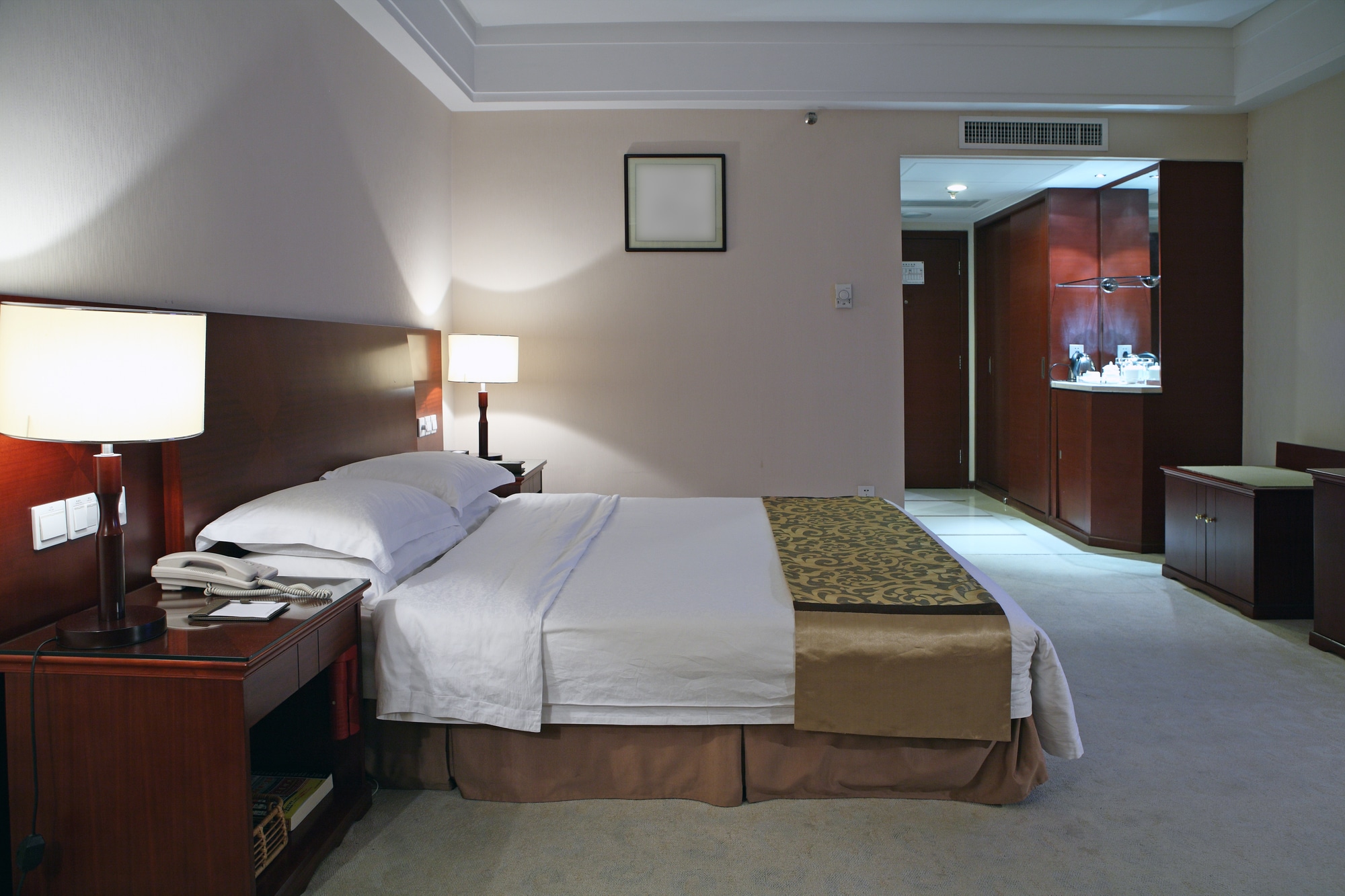One of the main aspects of the tourist industry is the hotels. They accommodate millions of people worldwide every year and according to recent statistics, it’s clear that the hotel industry is still expanding despite the pandemic.
Over the years, hotels have aimed to be more accommodating to people with different types of handicaps. At the moment, there are over 466 million people with hearing disabilities. So today we are taking a look at how the hotel industry has improved by adding hearing accessible hotel rooms.
Table of Contents
What is a Hearing Accessible Hotel Room?
A hearing accessible room is one that uses light or vibration as a notification instead of sound. For example, if someone knocks on your door, a light would flash near the door so that someone who is hearing impaired will know someone is there.
Often the alarm you are given vibrates instead of making a noise and your phone is replaced with a TTY phone which allows you to type your message instead of having to talk.
Another common replacement is the fire alarm. Instead of a loud noise being played, it will typically be replaced with a flashing light.
The above are very common these days; but if anything is missing from your room, don’t hesitate to ask the front desk. They may have additional accommodations available so it’s always worth reaching out to the hotel prior to booking your stay as well.
Can Anyone Book a Hearing Accessible Hotel Room?
Yes, but things aren’t as simple as that. Depending on the hotel, not all rooms will be hearing accessible, meaning that the number is limited. With that said, the policy can be different for each hotel, but there are a few general rules.
For the most part, hotels don’t request you to provide any documentation of any disability, so anyone can book a hearing accessible room.
With that said, there are a few things worth mentioning. Hotels generally tend to keep as many of these rooms as available for as long as possible in cases where people with hearing disabilities need to book them.
Related Article: Do You Have to Check Out of a Hotel?
Can a Hotel Charge More for A Hearing Accessible Room?
According to the ADA, hotels are not supposed to charge more. Here is the full statement:
Businesses may not charge people with disabilities extra to recover the costs of complying with the ADA. These costs should be viewed as a business expense, like other expenses that make up a business’s overall cost of doing business. However, there is another way to offset some of these costs.
With that being said, you will most likely run into a hotel charging more if you travel enough. If that’s the case and it’s your only option, try reaching out to the hotels management to get the issue resolved.
Are There Hotels with no Hearing Accessible Rooms?
In 1990, ADA or The Americans with Disabilities Act became law, meaning that each hotel in the US must have a room for the disabled, including people with hearing disabilities. With that said, the law exists only in the US, but not every country in the world has them.
How many Visual Signals are in Each Room?
That depends on how the system is installed. Each room is required to have at least one visual signal for each of the aspects mentioned above. In some cases, you may have rooms with more than one signal.
You May Also Like: Do Hotels Have Generators?
Can a Regular Room be Converted into a Hearing Accessible Room?
Yes, an ordinary room can be retrofitted to be hearing accessible. During the construction process, each room is built and designed the same, meaning that they all start out as regular rooms. Once the hotel is completed, the rooms get fitted with everything needed to make it compliant.
This is the procedure that existing hotels underwent after the ADA law came in effect back in 1990.
How to Tell if a Hotel has a Hearing Accessible Room?
Hotels that feature a room for the disabled, such as a hearing accessible, generally have that outlined on their website or brochure. In some rare cases that the information is not available, you can reach out to the hotel and ask for that information.

